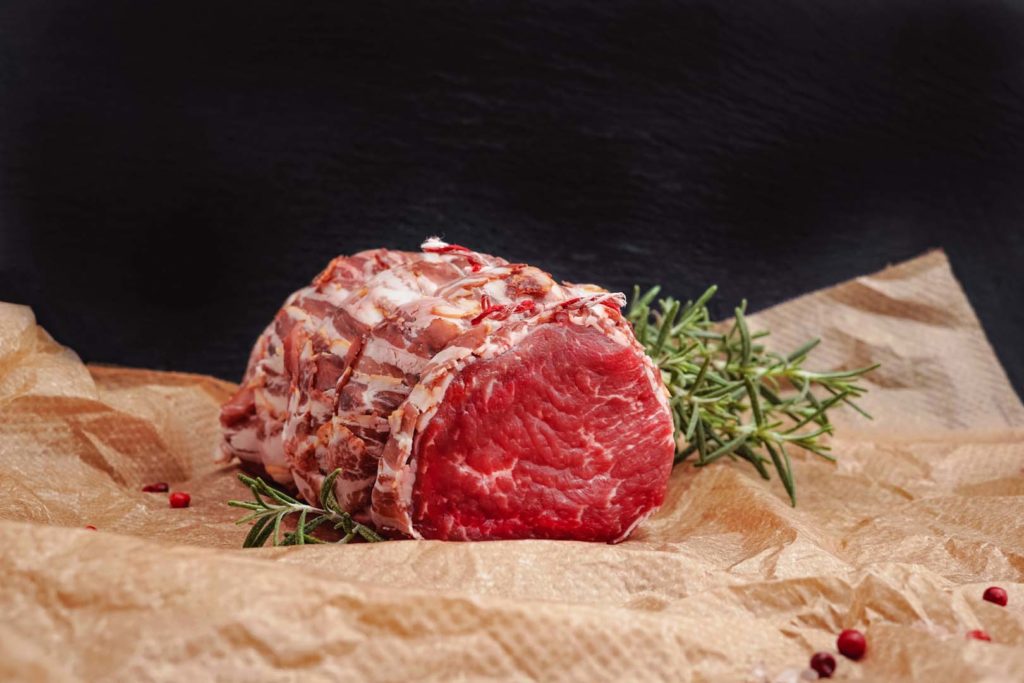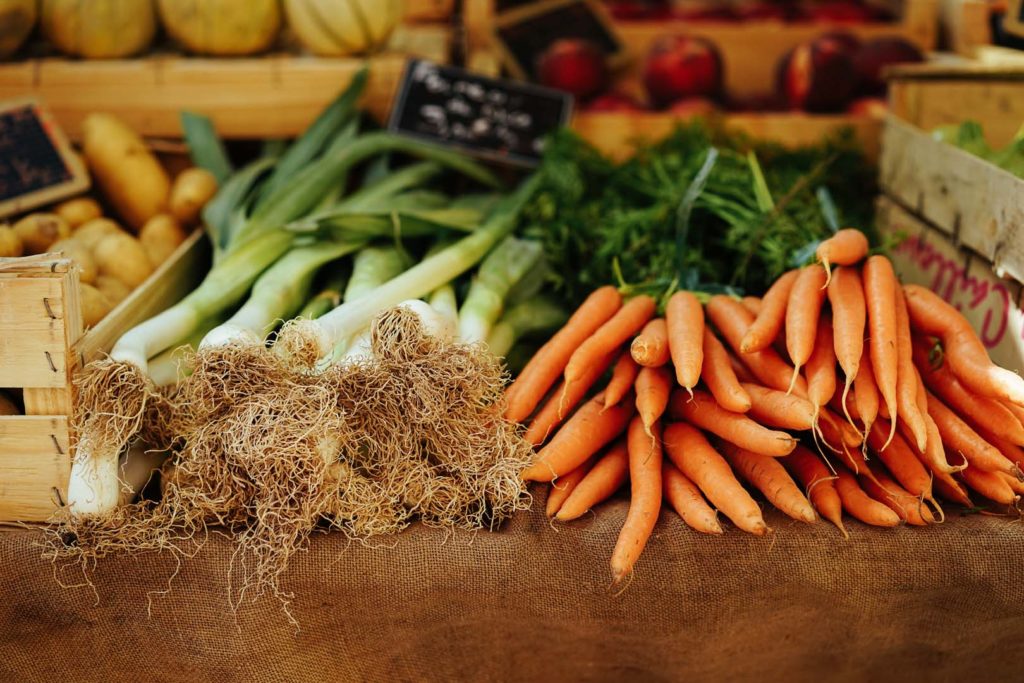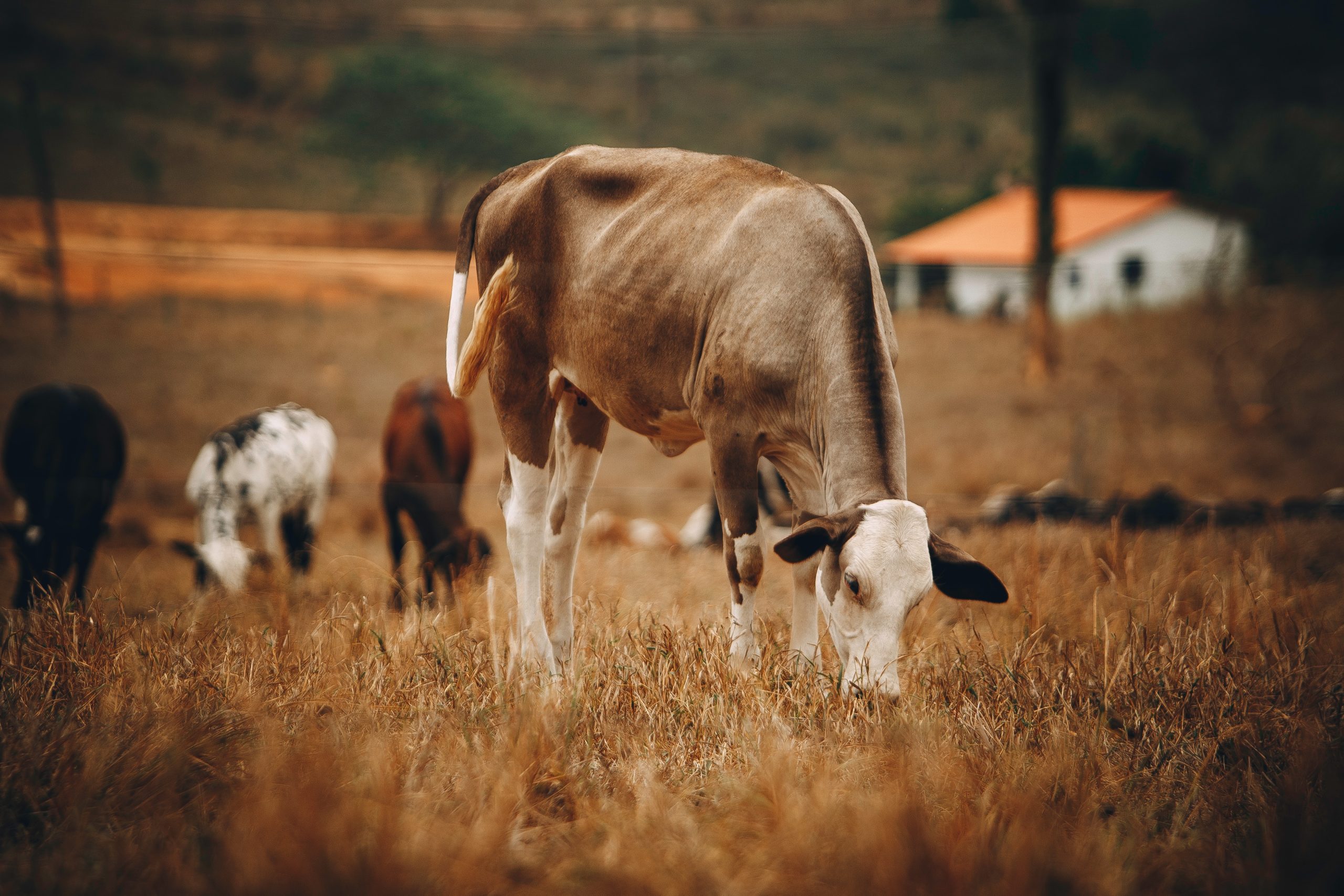Protect Our Pets…They’re family Too
Many substances used in food production are not officially “additives,” and are not regulated with human consumption in mind, but may nevertheless wind up in our food. These include pesticides, antibiotics, and heavy metals added to industrial animal feed. It has become increasingly common to package foods – especially meat – using “modified atmosphere packaging,” which replaces oxygen in the food package with carbon dioxide or carbon monoxide. While these gases may not be used in amounts sufficient to cause health problems, critics point out that because the practice preserves color but does not prevent spoilage, it may promote spoiled meat to be sold to unsuspecting consumers.

Many packaged meats are also injected with solutions of water, salt, and chemicals to enhance flavor. A meat industry study in 2004 found that forty-five percent of pork, twenty-three percent of chicken, and sixteen percent of beef in U.S. retail stores had been injected with these solutions.
Irradiation, which is used to disinfect and preserve meat and dairy products, is another common practice that may pose a health threat, yet irradiated food is not required to be labelled as such. In August of 2008, the FDA approved a rule allowing “ionizing radiation for the control of food borne pathogens and extension of shelf-life in fresh iceberg lettuce and fresh spinach.”
What You Can Do?
You can avoid food additives and health problems they may cause by eating fresh, unprocessed foods grown by local farmers. Since these foods are not transported thousands of miles, they don’t need to be packaged or pumped full of preservatives before reaching you. And since they are whole and unprocessed, they won’t contain colorings or artificial flavors.

When shopping in your grocery store, check labels for additives. Buy more whole foods and fewer “convenience foods,” such as ready-made meals. The time you spend preparing an additive-free meal will pay off in fresh flavor and increased food safety for you and your family.
In addition to such chemicals contaminating food for human consumption, it seems that food manufacturers see it ok to contaminate pet’s foods with chemicals:
* Organic and conventional animal products may include residues of veterinary drugs and environmental contaminant. Food contaminants can cause consumer illness such as allergy, immunosuppression, cancer, teratogenicity, mutagenicity and genotoxicity. Therefore, their control is an important issue in terms of public health. In this article, information is given about contaminants such as bacterial, fungal, metal pesticides and veterinary drug that can be found in organic and conventional animal products. In addition, the effects of various cooking and freezing processes on contaminants in animal foods and their legal regulation have been mentioned.
* Contaminants in Animal Products, By Emine Baydan, Murat Kanbur, Emre Arslanbaş, Farah Gönül Aydın, Semra Gürbüz and Muhammed Yasin Tekeli. Submitted: June 20th 2016Reviewed: November 29th 2016Published: January 11th 2017
©Copyright – Hector Sectzer

















